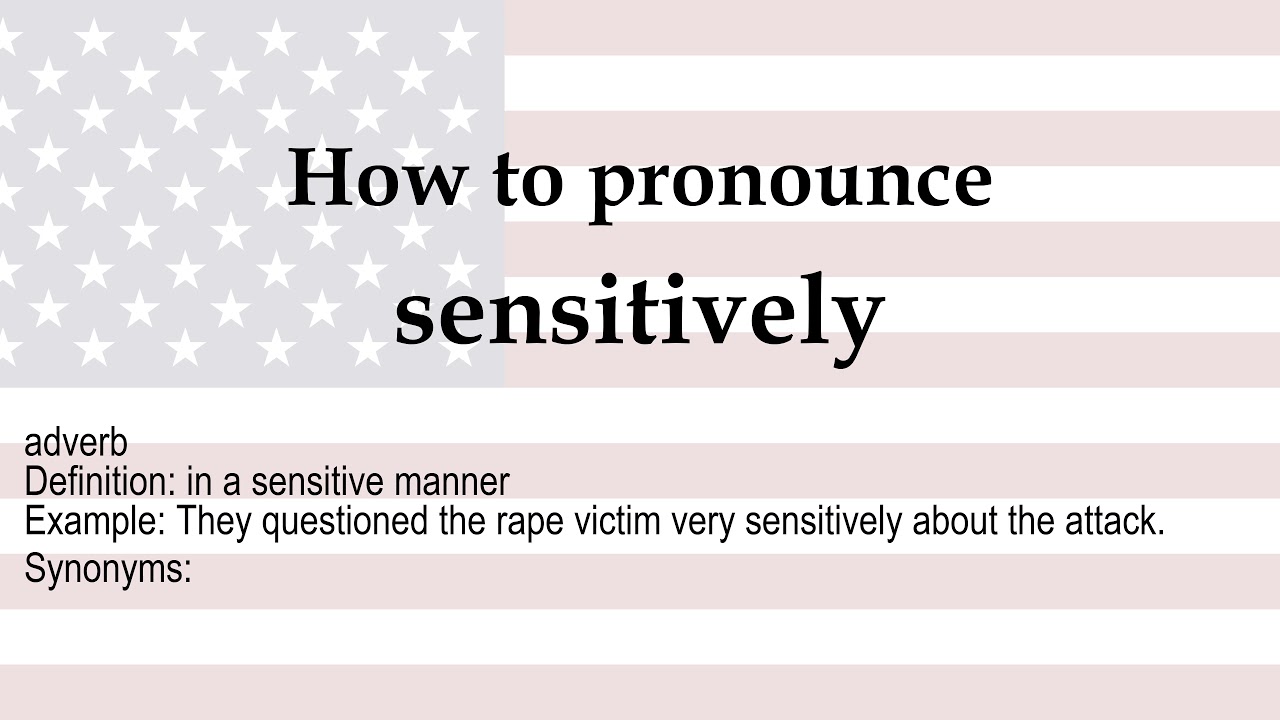The language we use to talk about addiction, mental health, and emotional challenges carries a significant impact. As such, identifying “sensitively synonym” often becomes crucial when discussing these sensitive topics. This article aims to explore thoughtfully chosen words and their implications, ensuring that we communicate with empathy and precision. At Mothers Against Addiction, we understand that speaking with sensitivity can foster a supportive environment, changing how we view and address addiction.
Navigating Addiction Phrasing: Sensitively Synonym Selection
Understanding Addiction: Moving from ‘Addict’ to ‘Person with a Substance Use Disorder’
Language is a powerful tool that shapes perceptions and attitudes. Referring to someone as an ‘addict’ pigeonholes their identity into their struggle, often leading to stigma. Instead, using the term ‘person with a substance use disorder’ recognizes the individual beyond their condition. This shift has been championed by organizations such as the National Institute on Drug Abuse (NIDA). This change in terminology can vastly impact the person’s self-image, promoting a more humane and comprehensive view of their experience.
Replacing ‘Clean’ and ‘Dirty’: Language Sensitivity in Sobriety
Terms like ‘clean’ and ‘dirty’ carry heavy moral implications and can inadvertently stigmatize individuals based on their substance use status. Instead, phrases like ‘in recovery’ or ‘actively using’ offer a more neutral and supportive dialogue. The Partnership to End Addiction urges us to adopt these terms to foster a more compassionate approach to recovery. These alternative phrases eliminate blame and promote an understanding environment.
Mental Health: Synonyms for Mentally Ill and Their Psychological Impact
Labeling someone as ‘mentally ill’ can be dehumanizing and limit our understanding of their experiences. Alternatives such as ‘experiencing mental health challenges’ or ‘living with a mental health condition’ allow for a broader and more respectful perspective. The American Psychological Association (APA) has conducted studies revealing that positive language can significantly influence recovery outcomes. These “synonyms for mentally ill” emphasize the individual’s journey rather than their affliction.
From ‘Self-Harm’ to ‘Non-Suicidal Self-Injury’ (NSSI)
The term ‘self-harm’ can sometimes carry blame and misinterpretation. Using ‘Non-Suicidal Self-Injury’ (NSSI) provides a clearer understanding that the behavior is a coping mechanism rather than a suicidal intent. Research by Dr. Janis Whitlock at Cornell University emphasizes the importance of this distinction in clinical and supportive settings. Proper terminology can significantly affect how individuals perceive their actions and open the door for better support systems.
Delving Deeper: More Than Words
Real-World Impact: Stories from the Field
Many organizations have implemented these language shifts with significant success. For instance, Shatterproof, a nonprofit organization dedicated to ending the stigma of addiction, has reported notable improvements in community support and individual recovery journeys since adopting more sensitive terminology. Personal testimonies from individuals like Chris Herren, a former NBA player and recovery advocate, highlight the profound impact of compassionate language on personal redemption.
Statistical Insights: The Quantifiable Benefits of Sensitive Language
Research demonstrates that altering our language can lead to measurable benefits in mental health outcomes. A study published in the Journal of Substance Abuse Treatment found that individuals exposed to non-stigmatizing language had higher rates of engagement in treatment programs and lower rates of relapse. This data underscores the importance of thoughtfully choosing our words. Properly used, language can become a powerful ally in the fight against addiction.
Behavioral Science: Why Words Matter
Cognitive behavioral theories suggest that language not only reflects our thoughts but also influences them. Positive reinforcement and neutral terminology can subtly reshape how individuals perceive their struggles and their potential for recovery. Grounded in the principles of cognitive-behavioral therapy (CBT), this approach emphasizes the power of words in changing mindsets and behaviors. Creating an environment where Jobs in mental health near me becomes a sought-after phrase signifies societal progress.
| Category | Synonym | Meaning/Connotation |
| Strongest Matches | Beautifully | Done in a way that is aesthetically pleasing or graceful |
| Cautiously | Done with careful consideration to avoid potential issues or harm | |
| Deftly | Executed with skill and ease | |
| Elegantly | Done in a sophisticated and appealing manner | |
| Exquisitely | Done with exceptional beauty or detail | |
| Finely | Done with a high level of quality or precision | |
| Gracefully | Carried out in a smooth and attractive manner | |
| Lightly | Done with a delicate or gentle touch | |
| Skillfully | Executed proficiently and competently | |
| Softly | Done in a quiet or gentle manner | |
| Subtly | Done with intricacy and careful refinement | |
| Tactfully | Carried out with consideration and diplomatic sensitivity | |
| Common Synonyms | Exposed | Open to potential harm or adverse conditions |
| Liable | Likely to be affected by specific circumstances | |
| Open | Vulnerable and unguarded | |
| Prone | Inclined or likely to be affected | |
| Subject | Under the influence of or likely to be affected by a certain condition | |
| Susceptible | Easily influenced or affected by external factors | |
| Related Terms | Cognizant | Aware and knowledgeable of surrounding circumstances |
| Easily Affected | Quick to respond to stimuli or changes | |
| Emotional | Readily experiencing strong feelings | |
| High-strung | Very sensitive and easily upset | |
| Hung Up | Anxious or overly concerned about something | |
| Impressible | Easily influenced or impacted | |
| Irritable | Prone to becoming easily annoyed or agitated | |
| Oversensitive | Excessively sensitive to stimuli or external influences | |
| Perceiving | Capable of awareness and understanding | |
| Precarious | Unstable and easily affected | |
| Reactive | Quick to respond to external stimuli | |
| Sensatory | Relating to physical sensation | |
| Sensile | Sensitive through sensory perception | |
| Sensorial | Related to the human senses | |
| Sensory | Pertaining to sensation or the senses | |
| Sentient | Capable of feeling and perception | |
| Supersensitive | Extremely sensitive | |
| Ticklish | Easily triggered or sensitive to touch or emotions | |
| Touchy-Feely | Very concerned with emotions and physical sensitivity | |
| Tuned-In | Highly aware and responsive | |
| Turned On To | Actively engaged and sensitive to | |
| Umbrageous | Easily offended or annoyed | |
| Wired | Highly sensitive and reactive to stimuli |
Innovative Wrap-Up: Blazing the Trail with Compassionate Dialogue
Embracing sensitively chosen synonyms and terms redefines our conversations about addiction and mental health, paving the way for a more compassionate society. By making these changes, we’re not just altering words; we’re transforming outlooks, dismantling stigma, and fostering an environment where individuals feel seen and supported in their journeys toward recovery. As we steer away from harmful language patterns, we contribute to a world where healing is not just possible but inevitable.
As we move forward, let’s continue to challenge how we communicate, ever mindful of how significant our words can be. In this ongoing dialogue, each term we choose can become a beacon of hope and understanding for those grappling with addiction and mental health challenges. Through conscious effort and empathetic communication, we can build a world where healing is a common destination for all.
By exploring sensitively synonym selection and its real-world applications, we underscore the importance of mindful communication. The stories and data remind us that small changes, like choosing not to use terms such as ‘clean’ or ‘mentally ill’, have ripple effects beyond measure. These shifts help create environments where conversations become bridges to recovery, rather than barriers.
For more resources, visit Mothers Against Addiction and explore opportunities for support at Copper Springs. Additionally, check out discussion guides on AA discussion Topics to foster meaningful and supportive conversations.
Sensitively Synonym: Delicately Crafted Meanings
Word Origins and Surprising Uses
Isn’t it fascinating how synonyms for ‘sensitive’ have such delicately crafted meanings? Let’s start with an interesting tidbit: the word “sensitive” first found its way into the English language in the late 14th century! It originated from the Latin word “sensitivus,” meaning “capable of feeling or sensation.” Synonyms like “delicate,” “tender,” and “perceptive” derive their nuanced meanings from historical contexts and various languages. These words have evolved, much like something rising from the depths of the ocean, similar to how different versions of Sh Monsterarts Godzilla mirror the creature’s iconic transformation over the years.
The Nuances of Financial Jargon
Diving into another world—finance—terms often hold sensitivity to their contexts. Interest rates For home Loans, for example, can be quite the chameleon. These rates adapt based on economic climates, affecting your wallet’s sensitivity. Did you know that sensitivity to fluctuating rates can have historical ramifications? It proves how our financial lexicon, much like synonyms, has delicately evolved to suit specific needs.
Linguistic Gems Hiding in Everyday Life
Speaking of evolution, did you ever think of daily commutes as micro-linguistic journeys? Take Alum Rock Road in Birmingham, for instance. This culturally rich street’s name has transformed over centuries, encompassing meanings that reflect its diverse history. Just as the road imbibes stories and changes, synonyms for “sensitive” adapt to fit unique contexts. Imagine driving down this road; each bend introduces you to new, nuanced synonyms enhancing your linguistic journey.
Hidden Layers in Common Phrases
Lastly, when discussing homes and finances, knowing the ropes can save you when understanding “mortage rates today.” It’s like parsing the subtleties in synonyms; every little detail counts. Knowing the pros and cons of various mortgage options can be as essential as discerning the delicate differences among synonyms. Understanding these can shape decisions, making each choice resonate with careful intention.
Understanding the nuances of synonyms, especially those for ‘sensitive,’ is like peeling an onion; each layer reveals a richer, more complex flavor. Just as different rates affect financial stability, the slight variations in meaning affect how deeply we connect with language. In a world brimming with complexity and change, appreciating these differences can enrich our experiences and deepen our understanding.

What is another word for sensitively?
A good word for “sensitively” could be “tactfully,” as it captures the idea of handling something delicately and with care.
What is another word for sensitive?
A synonym for “sensitive” is “perceiving,” which means being aware or easily affected by surrounding stimuli.
What is another word for highly sensitive?
For “highly sensitive,” you could use “supersensitive,” which conveys an extreme level of sensitivity.
What is a synonym for the word hypersensitive?
“Hypersensitive” can be replaced with “touchy,” as both indicate an exaggerated response to stimuli.
What does very sensitively mean?
“Very sensitively” means doing something in a way that shows a careful and delicate approach, often to avoid causing offense.
What is a word for too sensitive?
Someone who is “too sensitive” might be described as “oversensitive,” implying that they are excessively affected by external stimuli.
What is a closest synonym for the word sensitivity as used here?
A close synonym for “sensitivity” could be “sensory,” as it relates to the capacity for physical sensation or perception.
When something is very sensitive?
When something is “very sensitive,” it means it is extremely receptive or responsive to stimuli, often requiring gentle handling.
What is the idiom for very sensitive person?
A very sensitive person might be described as “touchy-feely,” suggesting they are emotionally expressive and easily affected.
What is it called when someone is sensitive?
Someone who is “sensitive” might be referred to as “easily affected,” indicating their quick response to emotional or physical stimuli.
How do you say someone is sensitive in a nice way?
Saying someone is “sensitive” in a nice way could be phrased as “tuned-in,” implying they are in touch with their emotions and surroundings.
What is the verb for sensitive?
The verb form related to “sensitive” is “sensitize,” meaning to make someone or something more responsive to stimuli.
What is the synonym of sensitively definition?
The word “sensitively” can be closely matched with “skillfully,” indicating an adept and careful approach to a matter.
What is a synonym for sensitizing?
For “sensitizing,” a good synonym is “alerting,” suggesting raising awareness or sensitivity.
What is a synonym for ultra sensitive?
“Ultra-sensitive” can be synonymized with “precarious,” implying an extreme level of sensitivity to changes or stimuli.




























